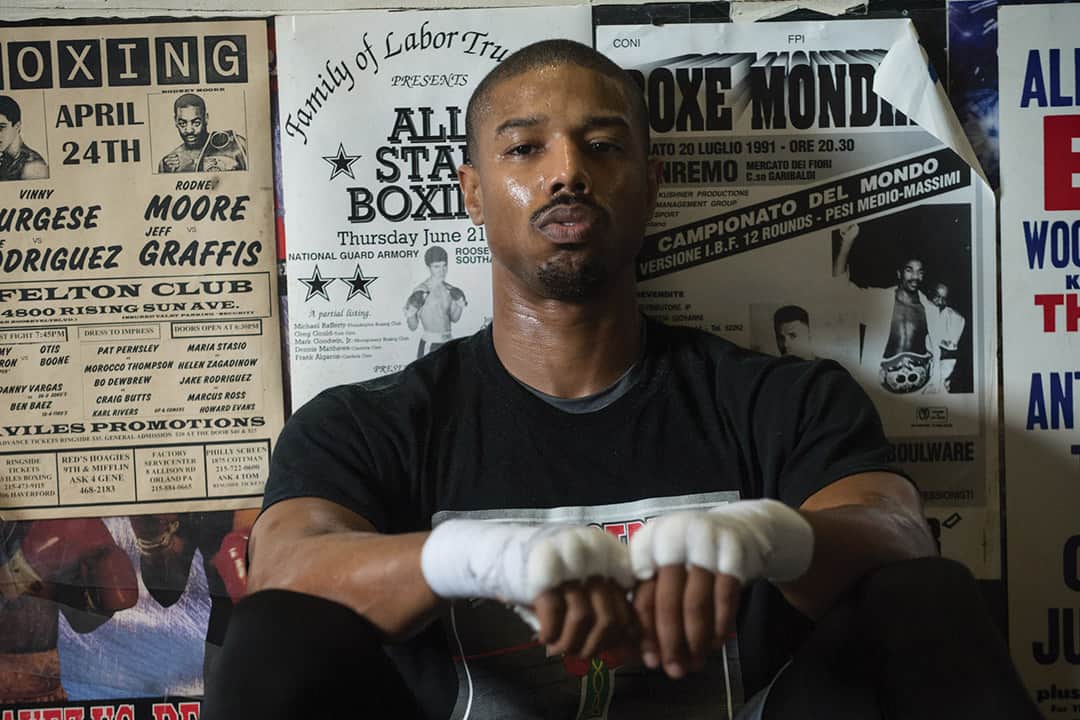In recent times, moviegoers have been subjected to a plethora of reboots, remakes, and sequels to some of the most beloved franchises in Hollywood, ranging from the reboot of the most popular sci-fi series of all time, Star Wars, to Syllvester Stallone’s thrilling boxing drama, Rocky. With an increasing number of reboots of popular franchises being released every year, fans have claimed that Hollywood has run out of ideas.
Despite the evidence seemingly corroborating the sentiment, it may be too easy of an answer. Although the abundance of new installments in established franchises showcases an absence of originality, it may be due to movie studios’ desire for a safe option that almost guarantees a return on investment rather than a lack of new ideas.
Star Wars: The Force Awakens rebooted the Star Wars franchise 10 years after its last instalment and grossed over two billion dollars worldwide, making it the fifth highest grossing film of all time. Jurassic World marked another revival of a treasured franchise, releasing 14 years after its predecessor and grossing over $1.6 billion worldwide, making it the eighth highest grossing movie of all time. These examples of reboots’ financial success are abundant, with Star Trek, Rise of the Planet of the Apes, and Spider-Man: Homecoming to name a few of the others.
Although movie studios’ intentions have been made clear with this trend, what about the quality of the reboots themselves? Are they able to stack up against their critically acclaimed predecessors? Not exactly.
The Force Awakens was released after George Lucas’ last three outings in the Star Wars franchise, dubbed the prequel trilogy. All three films were met with criticism from a variety of outlets, including Rolling Stone, the Chicago Tribune, the Los Angeles Times, and The Hollywood Reporter, to name a few. Critics broke down every aspect of the films, including their lacklustre dialogue, juvenile humour, wooden acting, convoluted plots, and dreary art direction. It is safe to say that expectations were at an all-time low for the franchise, explaining the praise with which The Force Awakens was met immediately after its release.
However, as critics looked back on the film, it became apparent just how much it relied on nostalgia. The film heavily retreads the story of the original Star Wars, retitled A New Hope in 1981. Both films feature orphans living on desert planets gifted with magical powers who, after receiving information hidden in a droid, set off with their new companions to destroy a superweapon created by an autocratic regime.
Retreading of old material is not the only criticism that can be levied against many modern reboots. The original significance of many movies cannot be recreated in the modern day, as shown by the Rocky series and its reboot, Creed. Rocky IV features a battle between the American Rocky Balboa and the Soviet boxer Ivan Drago. The film mirrored the hostilities and competition present between the Americans and the Soviets during the Cold War. It was for this very reason that the film captivated audiences back in 1985, and it is the reason Creed II attempted to tackle the same tensions in 2018. However, although the clash between Adonis Creed and Viktor Drago was financially successful — with the film grossing over $200 million worldwide —it could not recapture the significance of Rocky IV and its Cold War themes.
Unfortunately, many reboots seem to be uninspired cash grabs. 2017’s Power Rangers, which rebooted the franchise, is an example of this, with its abundance of product placement creating one long advertisement for Krispy Kreme donuts.
Despite the abundance of examples that follow this trend, it would be unfair to state that all reboots fit into this mould. Blade Runner 2049 is one such exception. Although the original Blade Runner, released in 1982, became a cult classic years after its release, it underperformed at the box office.
Even without guarantee of a return on investment present in other franchises, the reboot went ahead anyway. In 2017, Blade Runner 2049 was released and was met with glowing reviews praising its cinematography and story, which further expands on the themes present in the original without retreading the same ground.
While the continuing release of sequels, reboots, and remakes year after year may leave cinephiles pessimistic about the film industry’s future, I am still optimistic. When it comes to the entertainment industry, movie studios will follow where the money is, which happens to be in the pockets of moviegoers. If fans express their disinterest in unoriginal cash grabs disguised as continuations of popular franchises, movie studios will have to listen, or risk losing the trust of their customers. Films such as Blade Runner 2049 provide moviegoers like me with hope that new additions to beloved franchises are done when there is a story worth telling, rather than extended to make a quick buck.


